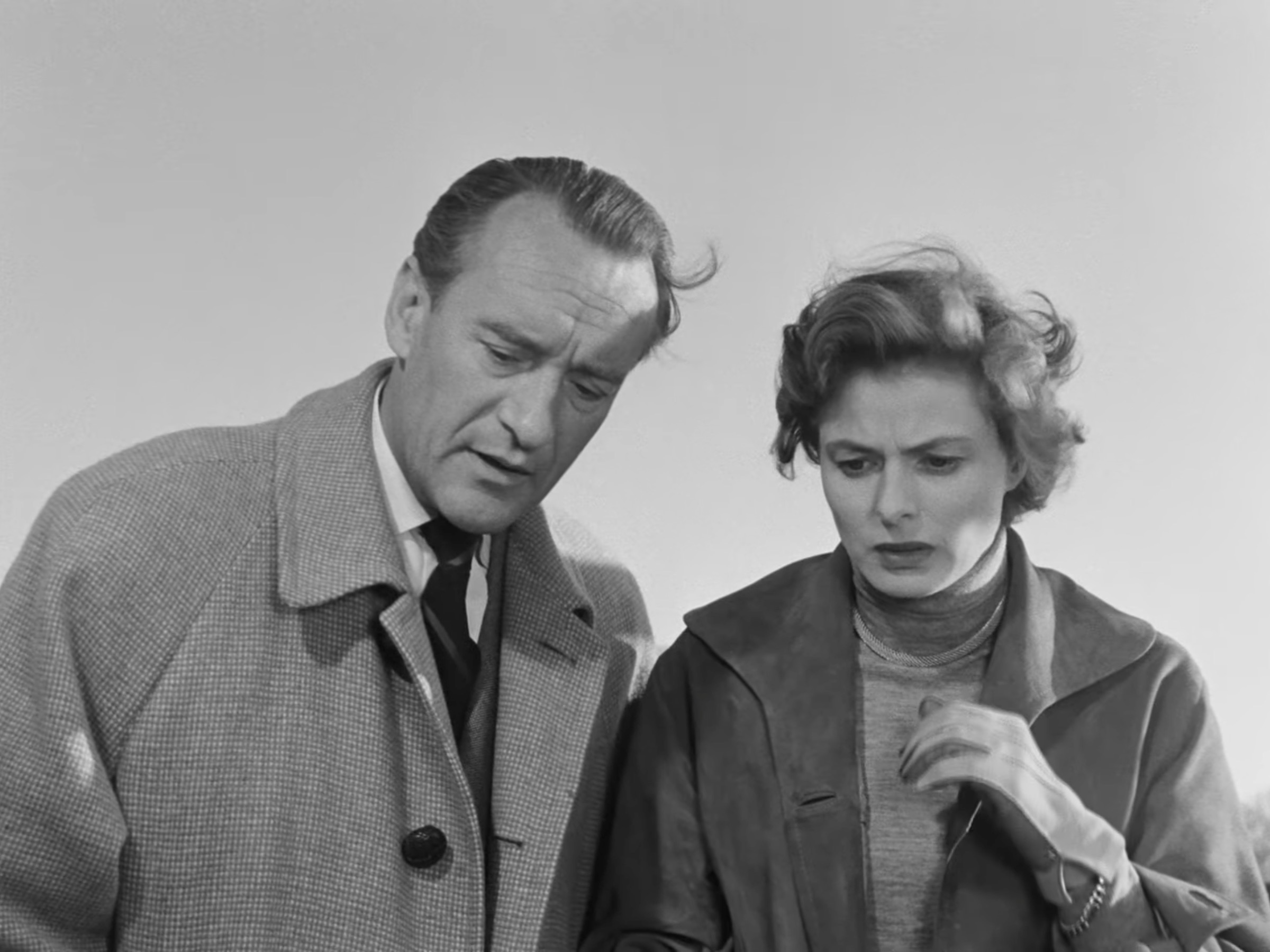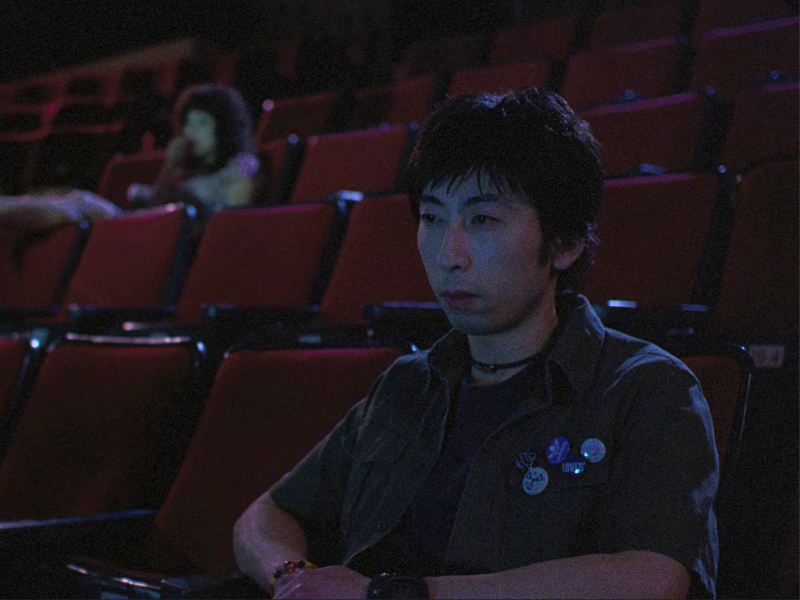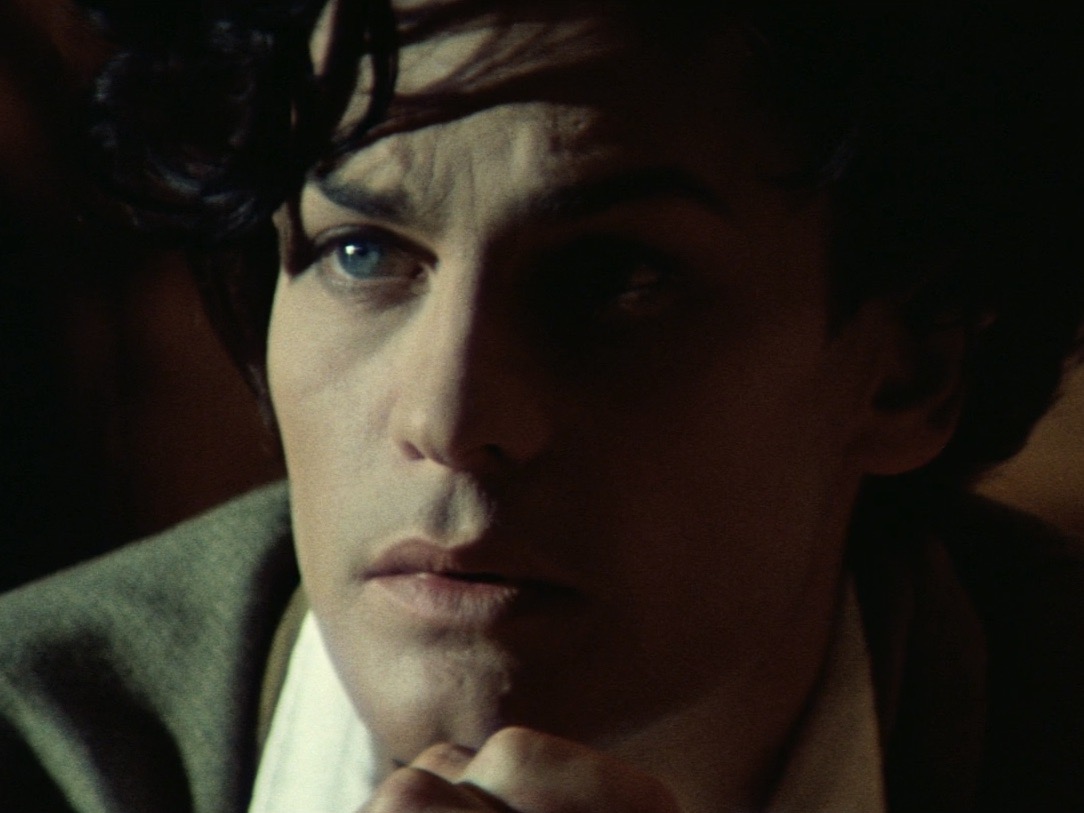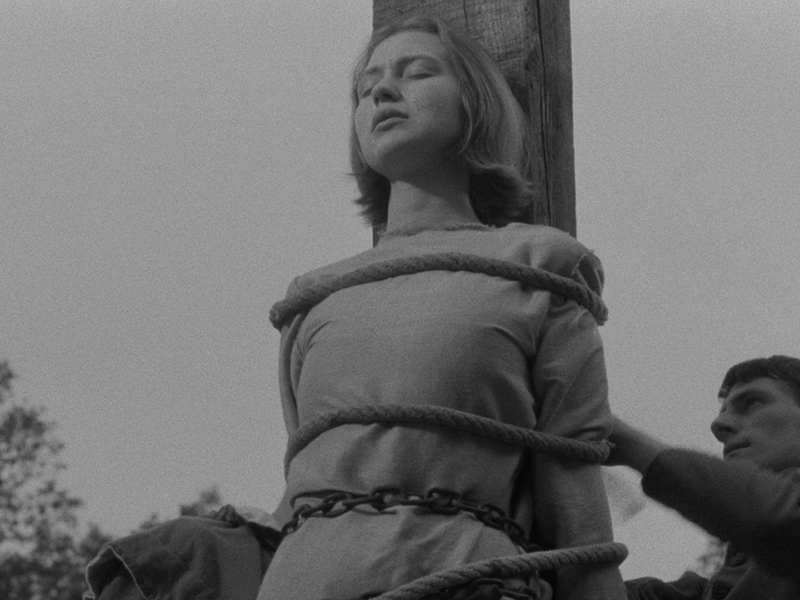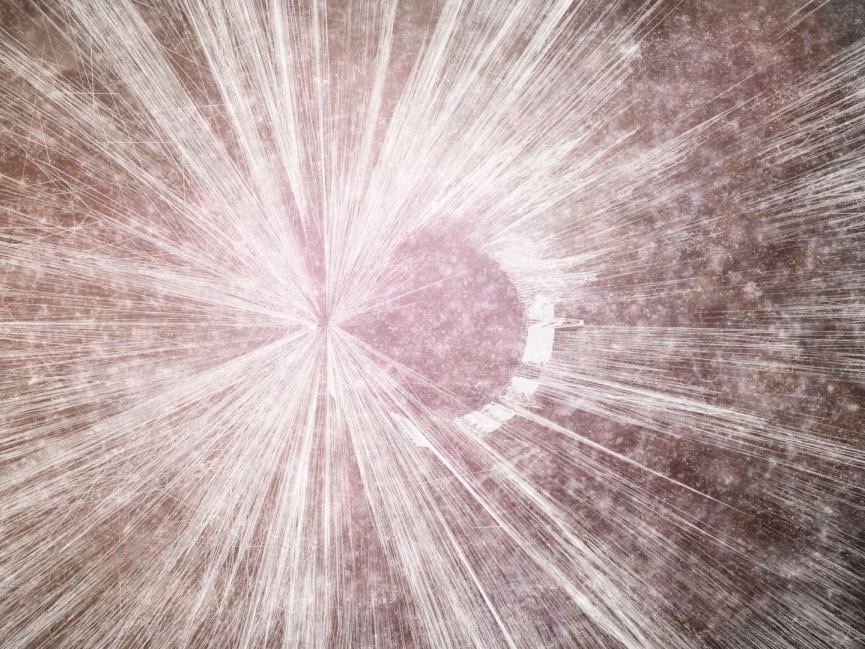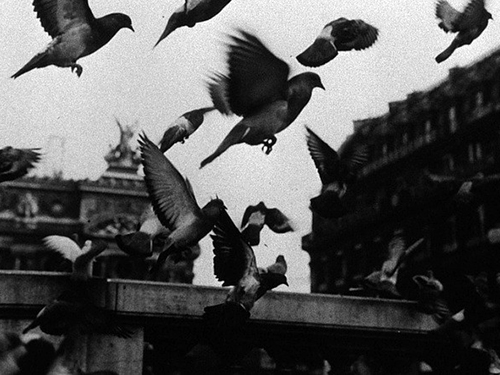Week 40/2023
This week’s selection revolves around love, or rather, the difficulties of love. It was Shakespeare who wrote the following:
”If cinema be the food of love, play on:
Give me excess of it, that, surfeiting,
The appetite may sicken, and so die.”
Or was it music, not cinema?
The selection starts on Monday in Ghent with a classic: Le mépris by Jean-Luc Godard (1963), in which the marriage between a writer and his wife is failing during a film shoot in Malaparte’s old villa on Capri (an island off the coast of Naples), played by Michel Piccoli and Brigitte Bardot. Don’t miss out on Fritz Lang playing himself in this film about film.
Next up, Viaggio in Italia from Roberto Rossellini (1954) will screen in Brussels on Thursday. It was not well received at first, until being praised by the writers from Cahiers du cinéma. Truffaut even called it the first modern film. It’s a film about a married couple in crisis during their vacation in Naples. It is also the very film to which Le mépris is an homage.
Lastly, also on Thursday, we have Carl Theodor Dreyer’s first feature film, Præsidenten (1919), playing in Antwerp. Based on the eponymous book of Karl Emil Franzos, this silent film is set around 1900. It is about a Danish aristocrat and judge who must deal with the consequences of promising never to marry a commoner to his dying father. The screening will be preceded by a lecture from Wouter Hessels.



